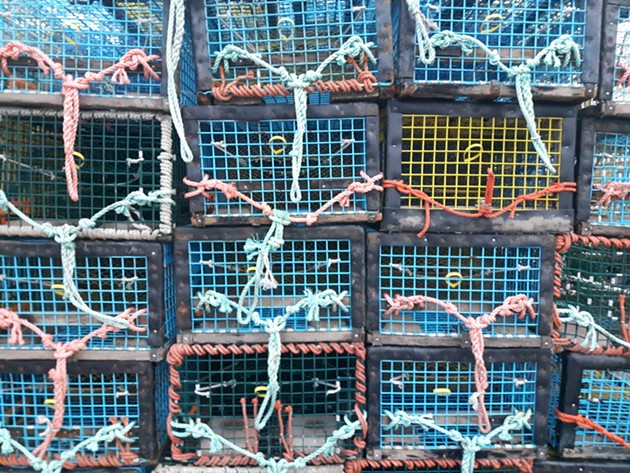
The band has been in talks with Fisheries and Oceans Canada—known as DFO—since it launched its moderate livelihood fishery in September. The fishery, which has taken place outside the commercial season, is based on 18th-century treaty rights, signed between the British and the Mi’kmaq, which ensures Indigenous people can support a moderate livelihood through activities like fishing.
In 1999 the treaties were upheld by the Supreme Court of Canada, but since then no government framework has been created that allows Indigenous people to exercise their rights.
Two weeks ago, Jordan sent a proposed memorandum of understanding to the band. The move was seen by the band to potentially be a historic recognition of treaty rights. But the deal fell flat when details of the MOU could not be agreed on, and suggestions the band sent back to DFO were rejected.
Sticking points in the MOU for the Sipekne’katik were that DFO wanted to issue the licenses, and limit the band to 10 licenses. DFO also wanted the fishing to occur within the current commercial season.
Sack says two avenues that should have been considered by the government for implementing the rights-based fishery were not offered. The right for First Nations to self-govern under section 35 of the Constitution Act, and section 4.1 of the Fisheries Act, where the fisheries minister can enter into an agreement with a First Nation to establish a fishery, “were not entertained in our conversations,” says Sack.
Last week Sack sent an open letter to prime minister Justin Trudeau, saying the draft agreements the DFO negotiating team sent to Sipekne’katikwas “very disappointing in the draft documents’ intent and content.”
In the recent letter to Jordan, Sack said the band would reconsider its position if the DFO changed its approach.
At the end of last week, only a few boats of the band’s moderate livelihood fishery remained in St. Mary’s Bay—where the fishery has been taking place—as the season approaches its close. Upon opening, the fishery was met with protests by a group of non-Indigenous fishers who expressed concerns about the potential impacts of increased fishing and out-of-season fishing in the bay. At their peak, the protests erupted into violence and destruction of property.
Since, things have been calmer in St. Mary's Bay.
But on Sunday in Pictou Landing, Indigenous fisher Gary Denny says he was shot at while in his boat. Denny saw another fishing boat near lobster traps he had set under Pictou Landing First Nation's moderate livelihood fishery. He drove his small aluminum boat towards the fishing boat. The fishing boat powered towards Denny then turned when someone on board allegedly fired three shots in Denny’s direction. Denny was not harmed. RCMP have since arrested four men related to the incident, one of whom turned himself in, according to the RCMP report.
Pictou Landing launched its treaty-rights-based lobster fishery in the beginning of November. Until now it has been relatively peaceful.
“I've been in close contact with our fishers that are there and we only have four or five left in the bay,” he says. “There's been a police Zodiac out there for the most part. So I think it's been pretty peaceful."
The Sipekne'katik's moderate livelihood fishing season is scheduled to end in the middle of this month. The band will not be proceeding with another court injunction, according to Sack, something the band previously said it was going to do.
